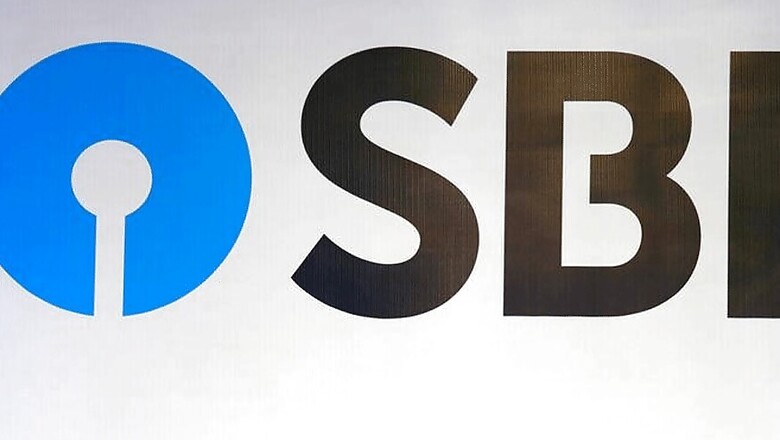
views
The country's largest lender, State Bank of India, on Saturday said it would be very difficult to assess medium or long-term impact on the banking sector at the moment in the wake of the ongoing nationwide lockdown as this will continue to evolve in the emerging situation.
The bank is looking at the short term now - the next two or three quarters, a senior SBI official said on condition of anonymity.
The impact of the lockdown over the next one to two years will be difficult to assess at the moment, he pointed out.
"In the next one to two years, we will have to navigate very carefully and SBI is sure of a turnaround as India is young country and a growing economy," the senior official of the lender said.
He said the bank was the first to come out with the response by providing working capital as "emergency COVID credit line to the extent of ten per cent".
This was extended to all the customers with "standard assets", he said, adding that other banks then followed the suit.
Regarding the three-month moratorium on repayment of loans, announced by the Reserve Bank of India in the wake of the coronavirus outbreak, he said, nearly 20-25 per cent of SBI's corporate borrowers had availed of it.
"Availing of the moratorium has an inherent interest cost," the official said.
He said the RBI's LTRO (Long-Term Repo Operations) facility to banks has also helped in getting liquidity.
"SBI took around 20-25 per cent of this liquidity facility provided by RBI," he said.
The bank is reaching out to customers who are having an impaired cash-flow so that they can be helped further, he said.
According to an analysis, the aviation, hospitality, travel and tourism sectors were the most affected in the wake of the coronavirus outbreak, he said, adding power and steel were also adversely impacted as demand falls.
The sectors that could benefit from the pandemic are the pharmaceutical industry and medical equipment manufacturing, the official said.
According to him, the banks have been allowed to reassess working capital limits of the companies, in case they are affected by the COVID-19 crisis.
Normally, reassessment of working capital is equivalent to restructuring and has to be shown as non- performing assets, he said.
The SBI official also said the Indian Banks Association (IBA) is also evaluating measures, which can be taken by the banks in this situation, and weighing further supports that can be sought from the regulator.
India could derive an advantage from the COVID-19 outbreak as number of companies overseas have shown interest to shift their base to the country, he said.
For exporters, he said, charges and fees had already been lowered prior to the present crisis, and the bank is willing to look at liquidity and other supports that can be given, whenever needed.




















Comments
0 comment